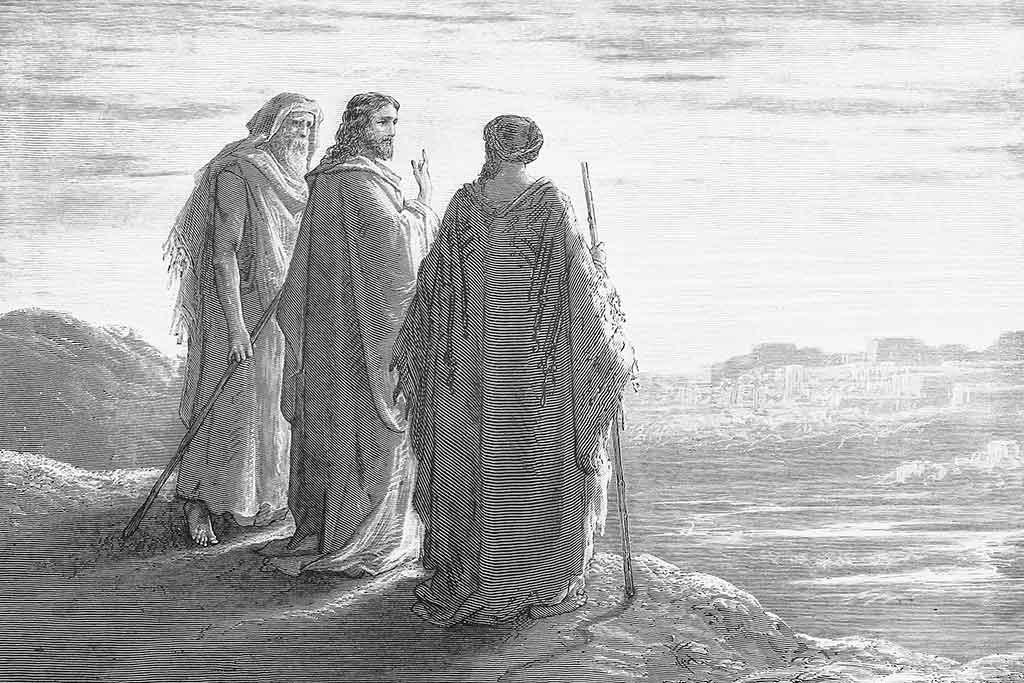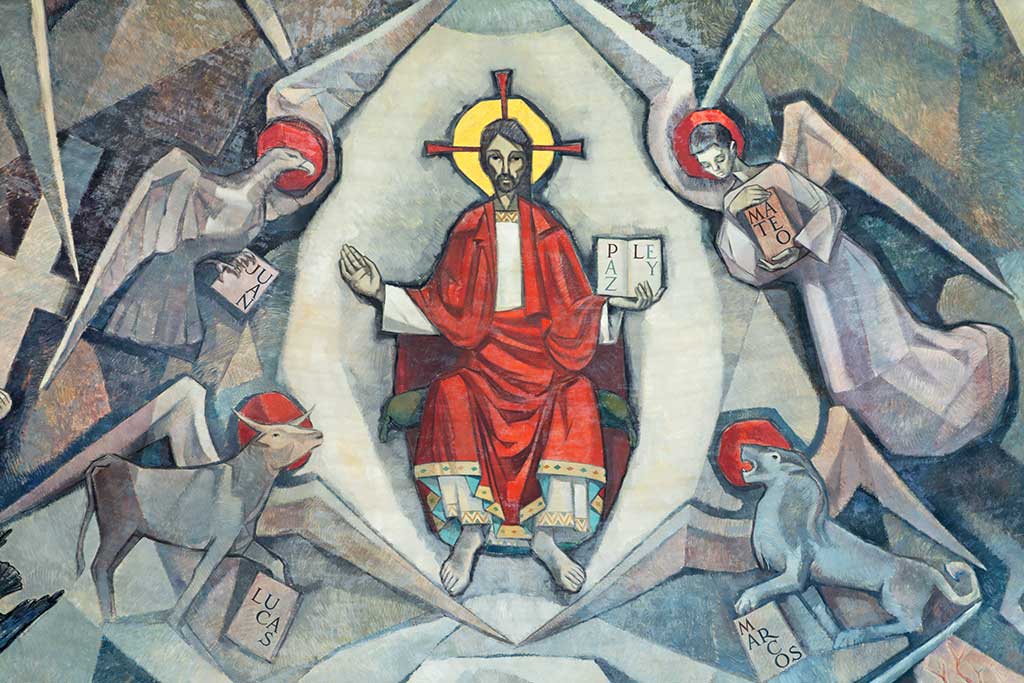
Why Did Jesus Choose 12 Disciples?
Jesus went up on a mountainside and called to him those he wanted, and they came to him. He appointed twelve that they might be with him and that he might send them out to preach. Mark 3:13-14
In the first-century Roman world, there were various religious, philosophical, and political leaders who all had a committed group of followers. In Judaism, dedicated apprentices followed a rabbi. From the many who followed Him, Jesus of Nazareth formed a special teacher-student relationship with twelve particular men.
Although the Jews were used to having teachers or rabbis who taught the brightest pupils about the complexities of the Jewish faith, they hadn’t encountered the approach that Jesus used in gathering a group of students or disciples around Him.
The norm was for someone to approach a rabbi and ask to be taught by him, but Jesus did the reverse by choosing the men He wanted and calling them to follow Him.
And the group He chose was a diverse bunch—they weren’t from the Jewish religious establishment. Instead, the twelve men He chose came from various professions and walks of life.
Jesus found Peter and his brother Andrew casting nets into the sea since they were fishermen. He similarly came across the brothers James and John fishing with their father. Upon hearing the call from the rabbi Jesus, all four men readily dropped their nets to become His mathetai, His talmidim. No longer would they be conventional fishermen. Rather, under the tutelage of Jesus, they would become men who would “fish for people” (Matthew 4:18–22).1
The amazing thing that we read in the Gospel accounts is that when Jesus called these men, they left whatever it was that they had previously been doing and followed Him.
The 12 Disciples
After a night of prayer on a mountain, Jesus called His followers together and formally chose twelve from them to serve as apostles:
When morning came, he called his disciples to him and chose twelve of them, whom he also designated apostles: Simon (whom he named Peter), his brother Andrew, James, John, Philip, Bartholomew, Matthew, Thomas, James son of Alphaeus, Simon who was called the Zealot, Judas son of James (also known as Thaddaeus, the name that is used in Matthew and Mark), and Judas Iscariot, who became a traitor.” (Luke 6:13–16). The accounts of the calling of the disciples are also found in Mark 1:16–20, Luke 5:2–11, and John 1:40–42.
It was no accident that He chose twelve.
God’s chosen people, the Israelites, were divided into twelve tribes. And as Jesus calls out a new people for Himself, He starts with twelve men who will form the basis of a new Israel.
The power of God was clearly at work in calling these men, but it is doubtful whether they knew the full extent of what they were signing up for when they began as Jesus’ disciples. They knew that they had to leave their current jobs and the security that those gave. But it was only as Jesus neared the end of His earthly life that He explained to them the real cost of discipleship.
Ultimately, what Jesus required of His followers was the willingness to give up everything for Him. He put it in very stark terms when He said that anyone who wanted to follow Him must take up his cross (Luke 9:23) and follow Him. In other words, they were to be prepared to die for Him. For some, their allegiance to Christ resulted in their being killed. And yet what Jesus asked of His disciples wasn’t more than He was willing to do Himself as He demonstrated when He freely gave His own life on the cross as a once-for-all sacrifice for human sin.
Before Jesus ascended into heaven, He “graduated” His disciples, as was the custom of the rabbi. He instructed them to go and proclaim the good news of the kingdom and in addition, He told them that they would be able to do everything that He had taught them to do (Matthew 28:19–20). The book of Acts and the subsequent history of the Church reveal that Jesus’ disciples did precisely that. Through their witness and work, the disciples—also called “apostles” (that is, “sent ones”)—fearlessly preached the death and resurrection of Jesus, heralded the arrival of a new way of living, and performed mighty miracles to back up their claims. As commanded, they took the gospel to the ends of the earth.
Christ established the pattern for all of His disciples with His initial choosing of the Twelve. As Jesus made clear throughout the Gospels and as His apostles made clear throughout their New Testament writings, not everyone who calls Jesus “Savior” can be counted as a disciple. To follow Jesus means today what it has always meant. A disciple must devote his or her entire life to follow the Lord, train as His student, and study His Word. Eventually, the disciple will be able to do everything his Master has called him to do (Philippians 4:13). And through the power of the Holy Spirit, Jesus promises to be with His followers “to the very end of the age” (Matthew 28:19–20).
For Personal Reflection
How might you more fully devote your entire life to follow the Lord?
Article edited from study features in the NIV Storyline Bible.

NIV Storyline Bible ebook
Journey through the interwoven story of the gospel from Genesis to Revelation. The NIV Storyline Bible features over 200 articles that illuminate the interconnected nature of God’s Word and the complete story that spans the Old and New Testaments.
Learn More






Thanks for this.. I would love to read and understand more like this.
This is so powerful.